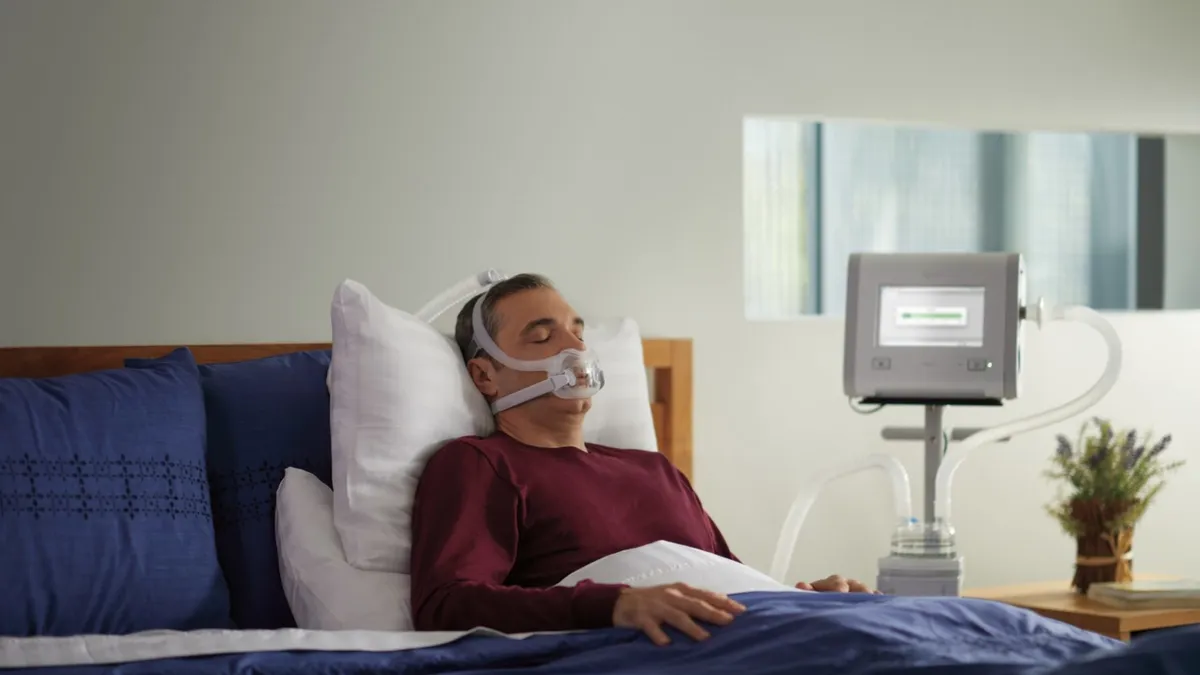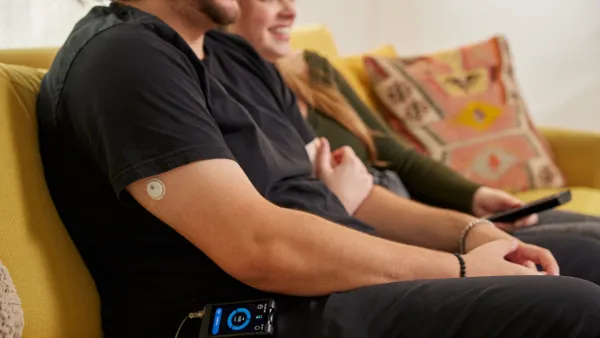Dive Brief:
- Philips issued a recall of its Trilogy Evo portable electric ventilators due to a problem with an internal sensor that can lead to under-delivery of oxygen.
- The Amsterdam-based medical device company began a recall in March. The Food and Drug Administration posted the recall to its database on Monday, designating it a Class I recall, the most severe type.
- Philips’ embattled Respironics division is currently facing a recall of more than 5 million sleep apnea devices and ventilators due to problems with the foam used to soundproof the devices breaking down and being inhaled by patients. Last year, Philips recalled its Trilogy Evo ventilators after discovering some of the same foam was used in those devices.
Dive Insight:
Philips is recalling the ventilators after determining that when the devices are providing high-concentration oxygen therapy, “the accuracy of delivered oxygen may deviate below the required tolerance,” according to the FDA notice. If equipped with an internal sensor to measure oxygen concentration, the sensor may also give readings that are higher than the device is actually delivering.
The problem affects slightly fewer than 63,000 devices worldwide.
“As part of our intensified quality efforts, and through our internal testing of devices, Philips Respironics has identified that in some specific circumstances when providing high concentration oxygen therapy, there is a possibility that an internal sensor within Trilogy Evo O2, Trilogy Evo Universal, and Trilogy EV300 ventilator devices may indicate a higher value of oxygen than the device is actually delivering,” the company said in an emailed statement.
Clinicians can continue to use the affected devices, but they should monitor patients’ oxygen saturation levels, and use an external oxygen concentration monitor for the device when high-concentration oxygen is used. The company also recommended that clinicians have a backup device available to quickly transition to a different oxygen delivery method if needed.
Philips said it plans to release a software update to address the issue, free of charge to the affected users.














